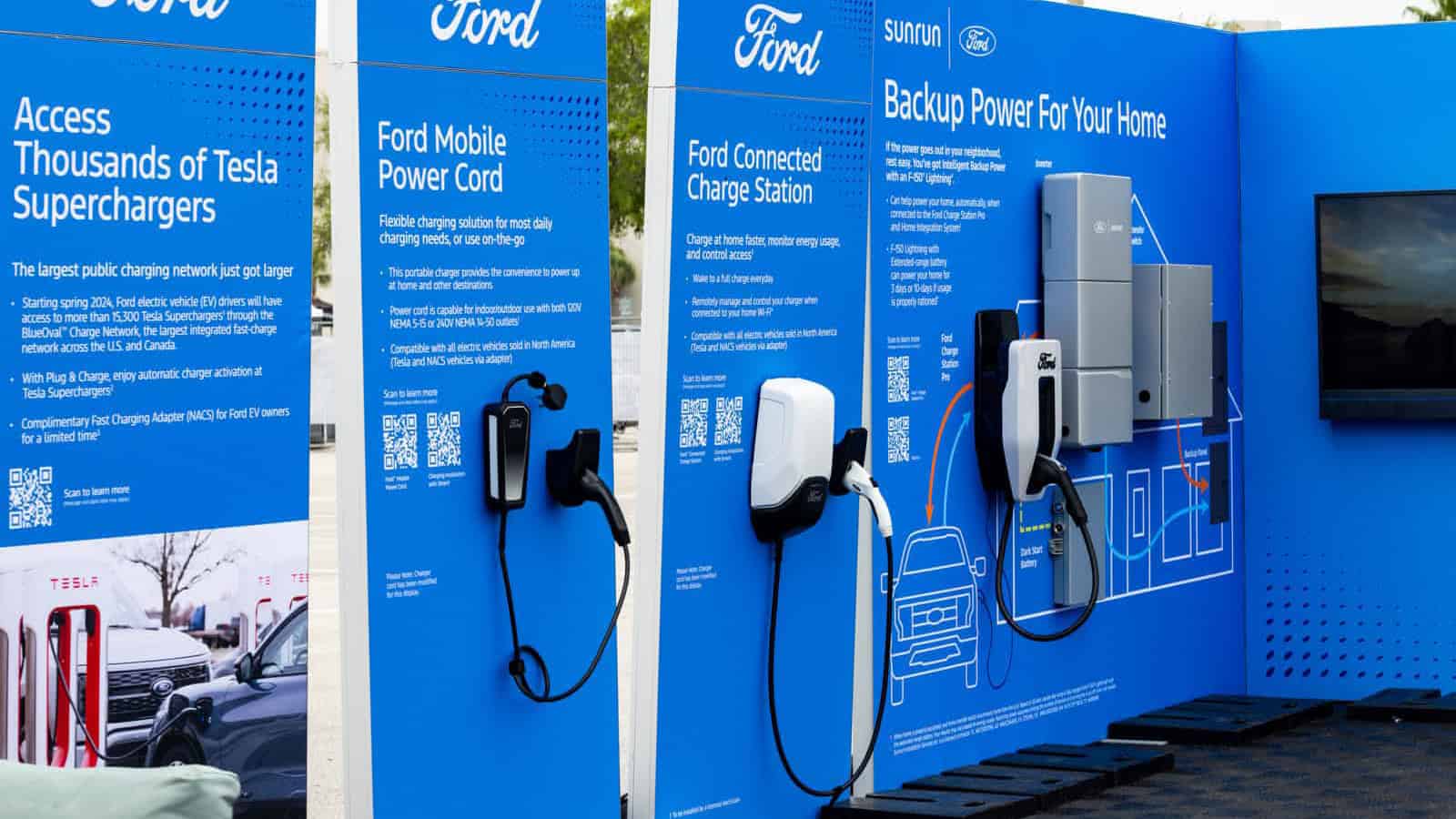Understanding the Different Types of EV Chargers
The cost of an electric vehicle (EV) charger depends heavily on the type you choose. Level 1 chargers are the simplest, using a standard household outlet. These are the cheapest upfront, often costing nothing extra as they utilize your existing home wiring. Level 2 chargers, on the other hand, are significantly faster and require dedicated wiring and installation. These can range from a few hundred to over a thousand dollars, depending on the features and installation complexity. Finally, DC fast chargers are the quickest but are typically found at public charging stations and are not something you’d install at home due to their high voltage and cost. The cost of using these chargers varies depending on the location and provider.
The Price Range of Level 2 Home Chargers
Level 2 chargers, the most common home charging solution, vary widely in price. You can find basic models for around $300-$500. These usually offer a simple charging experience with straightforward controls. More advanced models with features like smart app integration, load balancing, and scheduling can cost upwards of $800-$1500. These extra features offer convenience and potentially save you money on electricity in the long run through better energy management. Don’t forget that this price doesn’t include installation, which can add a substantial sum to the overall cost.

Installation Costs: A Significant Factor
The installation cost of a Level 2 charger is often as much, if not more, than the charger itself. This cost depends on several factors, including the distance from your electrical panel, the need for additional wiring or electrical upgrades, and the electrician’s labor rates. A straightforward installation might cost a few hundred dollars, while more complex situations—such as running new wiring across the house—could easily exceed $1000. Getting multiple quotes from different electricians is crucial to finding the best price.
Smart Features and Their Impact on Cost
Many modern EV chargers offer “smart” features, enhancing convenience and control. These features include smartphone app connectivity for remote scheduling, monitoring energy usage, and receiving notifications. Some chargers can even adjust their charging rate to avoid overloading your home’s electrical system. While these features are appealing, they generally increase the upfront cost of the charger. However, the long-term benefits of optimized charging and reduced electricity bills may offset the higher initial investment for some users.
Government Rebates and Incentives
Fortunately, various government incentives and rebates can significantly reduce the overall cost of installing an EV charger. These programs vary by region and state, so it’s essential to research what’s available in your area. Some incentives cover a portion of the charger’s cost, while others may offset the installation expenses. Taking advantage of these rebates can make the transition to EV charging much more affordable.
Electricity Costs: The Ongoing Expense
While the upfront cost of purchasing and installing a charger is substantial, ongoing electricity costs also need consideration. The amount you’ll spend on electricity depends on your local electricity rates and your driving habits. Charging an EV is generally cheaper than filling up a gas-powered vehicle, but the exact savings vary depending on these factors. Tracking your electricity usage before and after installing the charger will help you monitor your ongoing costs and identify any potential areas for energy savings.
Choosing the Right Charger for Your Needs
The best charger for you depends on your budget, driving habits, and home’s electrical setup. If you only drive short distances and rarely need a full charge, a less expensive Level 2 charger might suffice. If you frequently drive long distances or need faster charging, a more expensive model with higher amperage or smart features might be a worthwhile investment. Carefully considering your specific needs will help you choose a charger that provides the best balance of performance, features, and cost-effectiveness.
Maintenance and Potential Repair Costs
Like any piece of electrical equipment, EV chargers require occasional maintenance and may need repairs at some point. While most modern chargers are relatively reliable, unexpected problems can occur. It’s advisable to factor in the potential cost of maintenance and repairs into your overall budget, though these costs are typically relatively low compared to the initial investment. Regular checks for loose connections and ensuring proper ventilation can help prevent costly repairs in the future. Read also about how much EV charging stations cost.
